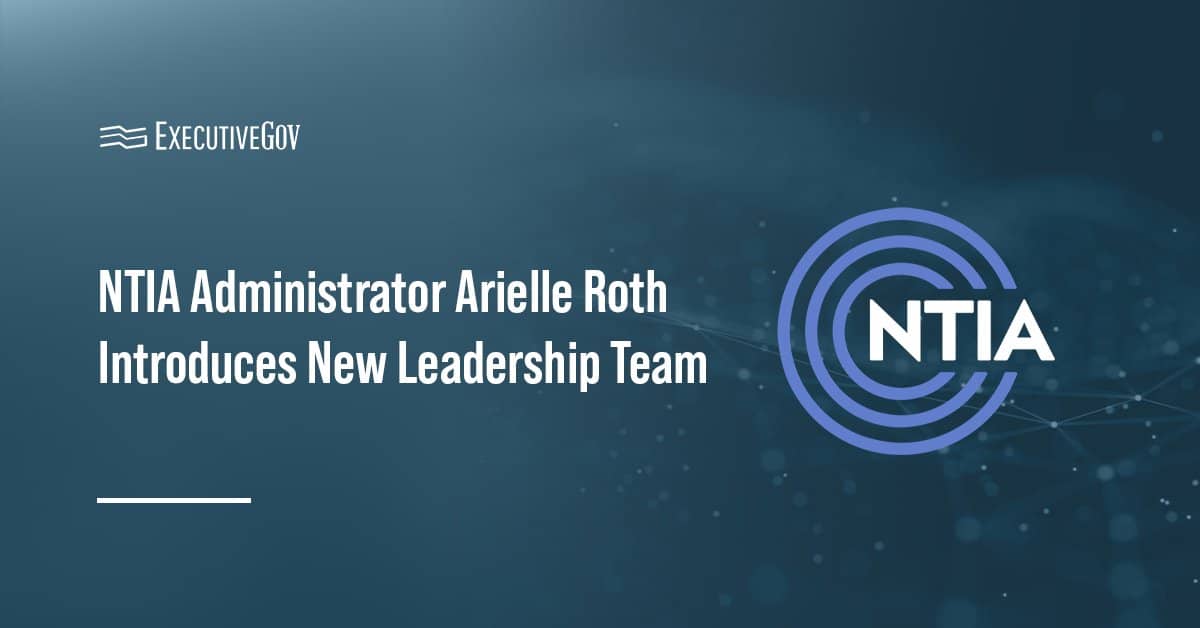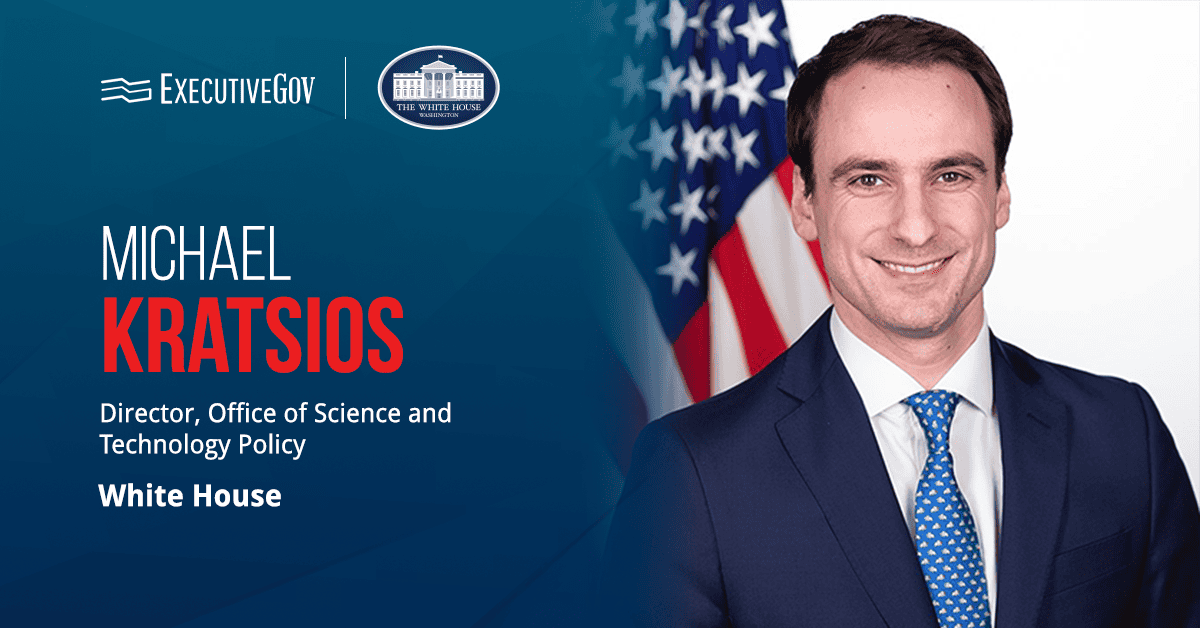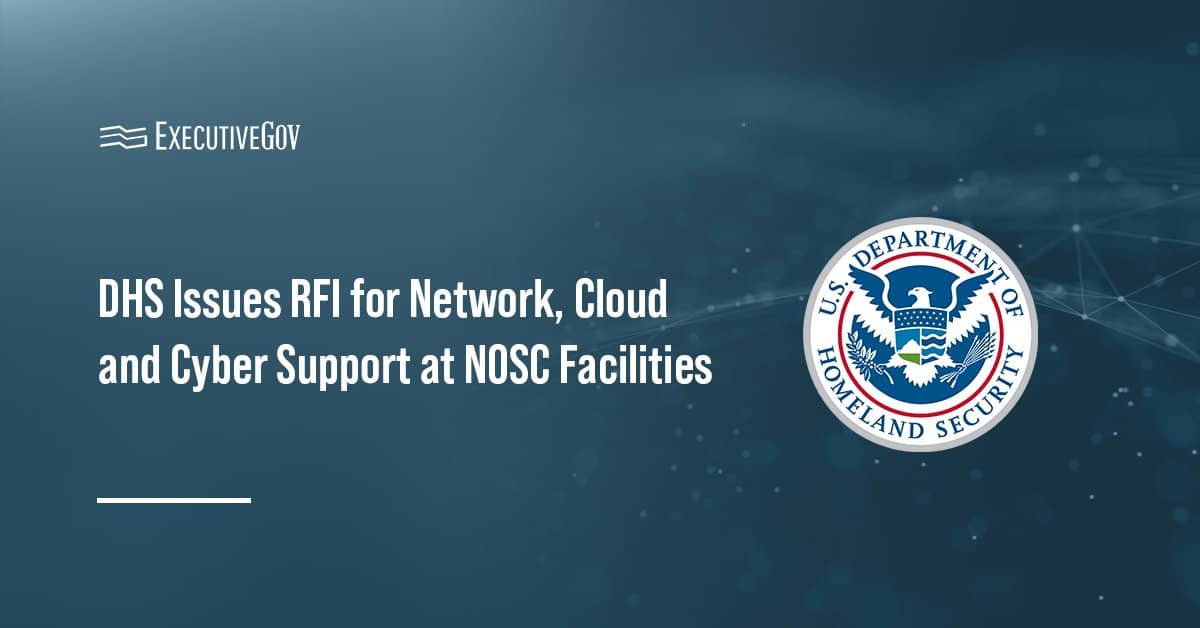 The U.S. Marine Corps‘ Fighter Attack Squadron 121 has landed F-35B Lightning II aircraft aboard the amphibious assault ship USS Wasp in support of the 31st Marine Expeditionary Unit’s 2018 spring patrol.
The U.S. Marine Corps‘ Fighter Attack Squadron 121 has landed F-35B Lightning II aircraft aboard the amphibious assault ship USS Wasp in support of the 31st Marine Expeditionary Unit’s 2018 spring patrol.The recent landing on the East China Sea starts the F-35B’s first deployment for an MEU operation, the Marines said Monday.
The MEU’s annual spring patrol is conducted with Amphibious Squadron 11 to support security across the Indo-Pacific region.
The F-35B variant of the Lightning II employs a short take-off and vertical landing feature that enables the aircraft to land on and launch from amphibious assault ships.
The aircraft was designed to perform multiple types of missions such as those in need of stealth, electronic warfare, heavy payload capacity and surveillance sensors.





